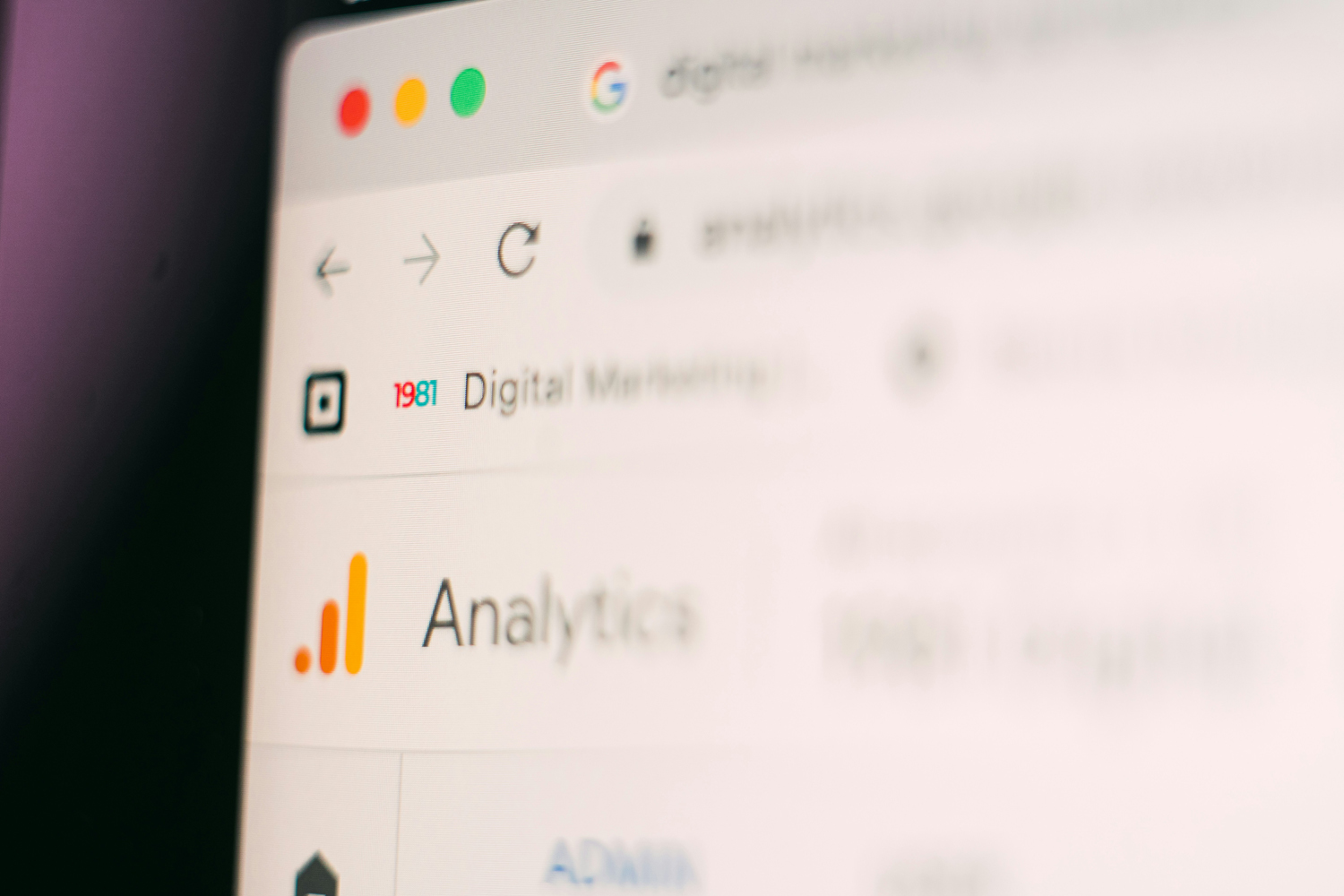Automate as Fast as You Can Sell with AI
In today’s high-paced business world, the key to maintaining a competitive edge is speed. But when sales teams are bogged down by manual tasks, they lose valuable time that could be spent closing deals. Artificial Intelligence (AI) is transforming sales by enabling automation that not only speeds up processes but enhances efficiency, accuracy, and productivity. With AI-driven automation, sales teams can focus less on repetitive tasks and more on high-value interactions, ensuring that they can sell as fast as the demand grows.
Automation’s impact on sales goes beyond productivity—it unlocks new levels of customer engagement, data insights, and scaling capabilities that are critical for growth. This blog dives into three essential areas where AI can boost your sales processes to the speed you need: lead management, personalized customer journeys, and predictive analytics. By leveraging AI in these areas, businesses can transform their sales cycle and drive revenue more effectively.
Speeding Up the Funnel
The first stage of the sales process—lead generation and scoring—often requires a substantial time investment. Sales representatives sift through large volumes of leads, trying to identify those with the highest potential for conversion. AI can streamline this process by automating lead scoring and providing real-time insights on lead behavior and engagement.
AI-powered lead scoring models use data to rank leads based on criteria like past engagement, industry relevance, and likelihood to convert. For example, tools powered by machine learning can analyze patterns within a database, predicting which leads are “hot” and which are less likely to close. This automation enables sales teams to focus on high-potential leads rather than spend time on manual assessments. By identifying the best prospects upfront, sales representatives can move faster through the pipeline, turning interest into sales at a higher velocity.
Speed Up Follow-Ups and Engagements
AI also automates follow-ups, a critical area where sales are often lost. Automated systems can schedule follow-ups, remind sales reps of the best times to reach out, and even initiate the first contact with pre-scripted emails tailored to the lead’s behavior. This removes the need for manual follow-ups, reducing the risk of lost leads due to delayed responses. By automating initial engagements, sales teams can spend more time cultivating meaningful connections, leading to faster conversions and increased productivity.

For instance, AI can analyze a customer’s purchase history, online behavior, and demographics to recommend products that match their interests. This level of customization not only improves customer satisfaction but also speeds up the buying decision. AI automates the work behind these personalized touches, ensuring that each customer feels understood and valued, even at scale. With AI, businesses can keep up with the fast pace of customer expectations and increase their chances of closing deals quicker.
AI-driven chatbots provide instant support to customers at any stage of the sales journey, ensuring they have the answers they need to make a purchasing decision. These chatbots are often equipped with natural language processing, allowing them to understand and respond to customer queries accurately. This automation reduces response times and keeps potential customers engaged, helping sales teams move leads further down the funnel in less time. Automated, real-time customer assistance creates a seamless experience that encourages faster buying, making it a valuable tool for any high-speed sales environment.
Leveraging Predictive Insights
One of AI’s most transformative applications in sales automation is predictive analytics, which gives businesses the foresight to anticipate buyer behavior. Predictive analytics can analyze historical data on past sales, seasonal trends, and customer behavior to forecast demand. This forecasting enables sales teams to allocate resources effectively, anticipate peak sales periods, and prepare to engage leads before the competition.

For example, predictive models can identify leads who are at risk of churn, allowing sales teams to take proactive steps to retain them. These insights provide sales teams with actionable information that speeds up the decision-making process, ensuring that they can make informed moves quickly and accurately. By leveraging AI for predictive analytics, businesses can navigate the sales cycle with precision and avoid lengthy deliberation periods that could cost them valuable customers.
Optimizing Sales Strategies with Data-Driven Decisions
AI-driven automation not only predicts trends but also suggests optimal strategies based on data patterns. Machine learning algorithms analyze data from previous interactions and market conditions to recommend the most effective sales tactics for each prospect. This might include suggesting the best communication channel, optimal discount offers, or even the most effective product pitches based on the lead’s profile.
These insights empower sales teams to adopt data-backed strategies that are likely to yield results, removing the guesswork from the process. With this level of automation, businesses can confidently adopt winning strategies quickly, enhancing both the efficiency and effectiveness of their sales processes. The result is a sales team that can act swiftly, with each action backed by data, increasing the likelihood of closing deals in a shorter timeframe.
The Future of Sales is Fast, Data-Driven, and Automated
In the age of AI, the speed and efficiency of sales teams are limited only by the tools they use. By automating lead management, creating personalized customer journeys, and leveraging predictive analytics, AI helps sales teams operate at a pace that meets market demand. With faster processes, data-driven insights, and real-time support, companies can convert leads into customers more efficiently than ever before.
Automating sales processes isn’t just about reducing manual work—it’s about empowering sales teams to reach their highest potential. As AI continues to advance, the possibilities for accelerating sales will only grow, making it an essential tool for businesses looking to stay ahead in a fast-paced digital landscape. The future of sales belongs to those who can sell as fast as they can automate, and with AI, that speed is well within reach.



